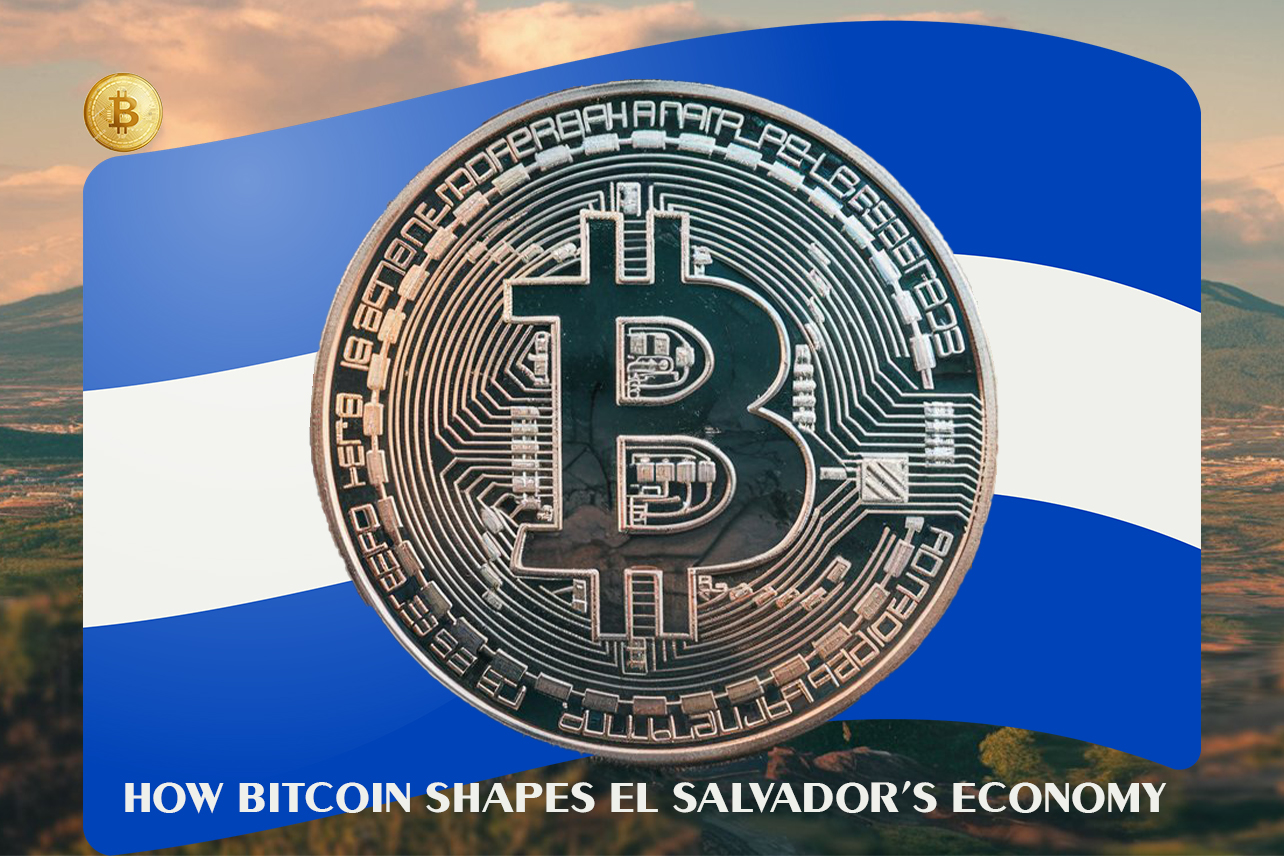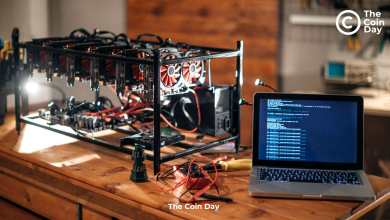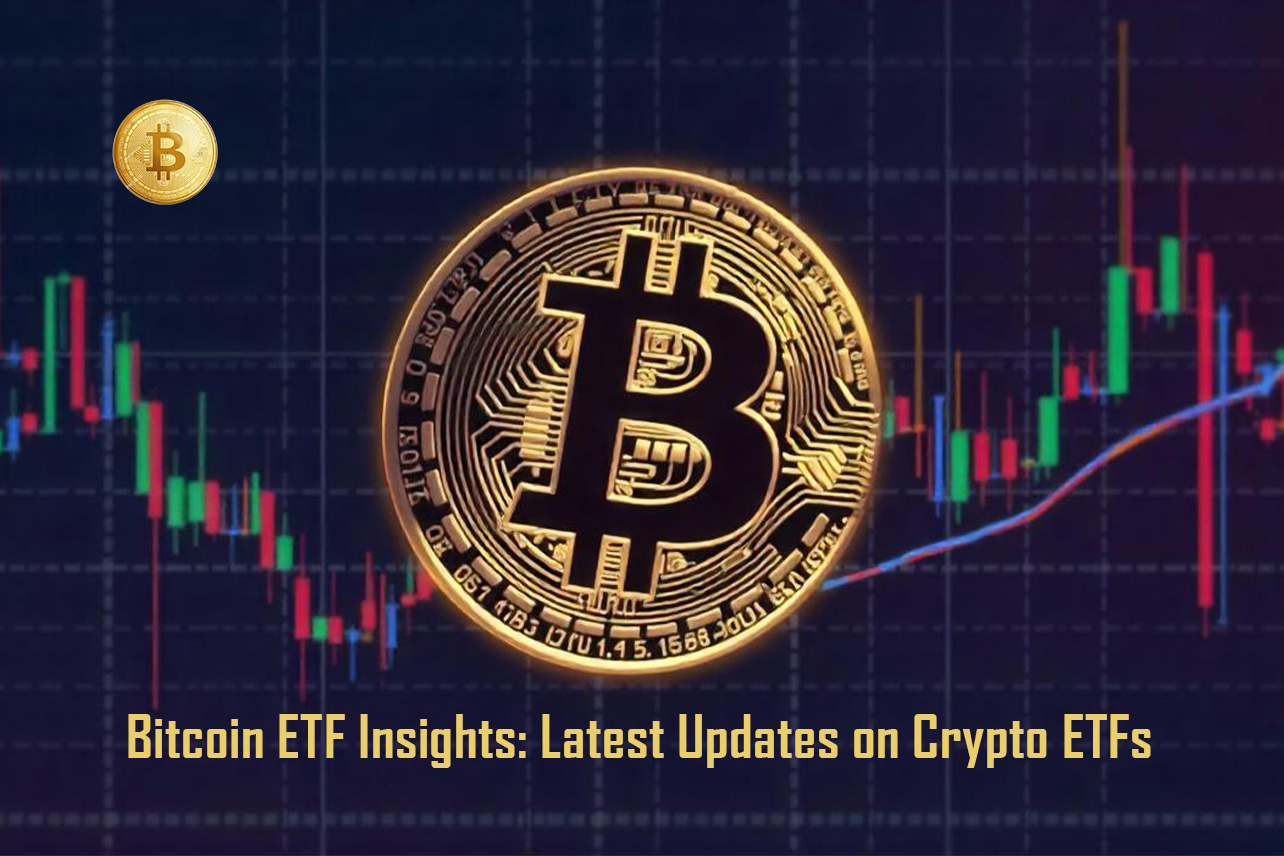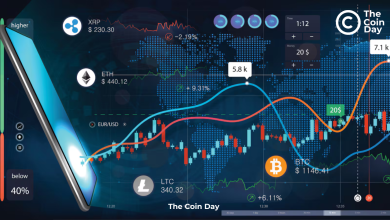How Bitcoin Shapes El Salvador’s Economy

Table of Contents
- Introduction
- El Salvador’s Bold Bitcoin Experiment
- Bitcoin’s Role in El Salvador’s Economy
- El Salvador Bitcoin Holdings: How Much Does the Country Have?
- Benefits of Adopting Bitcoin as Legal Tender
- Challenges Faced by Bitcoin El Salvador Strategy
- Global Implications of El Salvador’s Bitcoin Move
- FAQs About El Salvador Bitcoin Holdings
- Conclusion
1. Introduction
When El Salvador made history by adopting Bitcoin as legal tender in 2021, it sparked global debate. Now, years later, the country’s unique economic experiment continues to attract attention. From “how much Bitcoin does El Salvador have” to its impact on tourism and remittances, the world is watching closely. Let’s explore how Bitcoin is shaping the economy of this Central American nation and what lies ahead.
2. El Salvador’s Bold Bitcoin Experiment
El Salvador became the first country to recognize Bitcoin as an official currency alongside the U.S. dollar. This move, spearheaded by President Nayib Bukele, aimed to:
- Boost financial inclusion for the unbanked population.
- Reduce remittance fees for Salvadorans abroad.
- Attract foreign investment and position the country as a global crypto hub.
Despite these ambitious goals, the initiative has faced mixed reactions, both domestically and internationally.
3. Bitcoin’s Role in El Salvador’s Economy
Bitcoin’s integration into El Salvador’s economy has brought both opportunities and challenges:
3.1 Payments and Transactions
Bitcoin is widely accepted for transactions, from street vendors to large businesses. However, adoption rates among citizens remain inconsistent.
3.2 Remittances
With remittances contributing significantly to El Salvador’s GDP, Bitcoin offers a cheaper and faster alternative to traditional money transfer services.
3.3 Tourism and Foreign Investment
Bitcoin tourism is on the rise, with crypto enthusiasts flocking to El Salvador to experience the “Bitcoin Beach” phenomenon.
4. El Salvador Bitcoin Holdings: How Much Does the Country Have?
One of the most intriguing questions is, “How much Bitcoin does El Salvador have?” As of recent reports, the country holds over 2,000 BTC, valued at approximately $500 million.
President Bukele’s administration has consistently bought Bitcoin during market dips, showcasing a long-term belief in its potential. However, the volatile nature of cryptocurrencies means these holdings are subject to significant value fluctuations.
5. Benefits of Adopting Bitcoin as Legal Tender
5.1 Financial Inclusion
Bitcoin has provided financial access to Salvadorans without traditional bank accounts, leveraging mobile wallets like Chivo.
5.2 Lower Remittance Costs
Using Bitcoin for remittances significantly reduces transaction fees, benefiting the millions of Salvadorans who rely on money sent from abroad.
5.3 Economic Diversification
By embracing Bitcoin, El Salvador is positioning itself as a leader in blockchain technology, attracting entrepreneurs and crypto-focused businesses.
5.4 Increased Global Attention
The Bitcoin experiment has placed El Salvador in the international spotlight, potentially boosting tourism and foreign direct investment.
6. Challenges Faced by Bitcoin El Salvador Strategy
6.1 Volatility Risks
Bitcoin’s price volatility poses significant risks to El Salvador’s economy, especially given its Bitcoin holdings and reliance on the cryptocurrency.
6.2 Limited Adoption
While businesses are legally required to accept Bitcoin, surveys indicate that many Salvadorans still prefer using the U.S. dollar.
6.3 International Criticism
Organizations like the IMF and World Bank have expressed concerns over El Salvador’s Bitcoin strategy, citing economic stability and regulatory challenges.
6.4 Cybersecurity Concerns
The Chivo wallet faced technical glitches and fraud allegations during its initial rollout, raising questions about its reliability.
7. Global Implications of El Salvador’s Bitcoin Move
7.1 A Model for Other Countries
El Salvador’s experiment is being closely monitored by other nations that are considering cryptocurrency integration.
7.2 Challenges to Traditional Finance
The adoption of Bitcoin as legal tender challenges the dominance of traditional financial systems and institutions.
7.3 Innovation in Blockchain
El Salvador’s focus on blockchain could spur technological advancements, creating new opportunities for the global crypto industry.
8. FAQs About El Salvador Bitcoin Holdings
Q: How much Bitcoin does El Salvador have?
A: El Salvador holds over 2,000 BTC, valued at approximately $500 million, though this value fluctuates with market conditions.
Q: What is the role of Bitcoin in El Salvador’s economy?
A: Bitcoin is used for transactions and remittances, and as a tool to attract tourism and investment.
Q: Is Bitcoin widely accepted in El Salvador?
A: While businesses must legally accept Bitcoin, its adoption among citizens remains uneven.
Q: What are the risks of El Salvador’s Bitcoin strategy?
A: Risks include price volatility, limited adoption, and international criticism.
Q: Has Bitcoin helped El Salvador’s economy?
A: Bitcoin has boosted tourism and financial inclusion, but its full economic impact is still being evaluated.
9. Conclusion
El Salvador’s bold Bitcoin experiment is a fascinating case study in the intersection of cryptocurrency and national economics. While the country has reaped benefits such as lower remittance costs and increased global attention, challenges like volatility and uneven adoption remain significant.
As the world continues to watch, one thing is clear: El Salvador’s journey with Bitcoin is far from over. Whether it serves as a model for innovation or a cautionary tale, it’s shaping the future of crypto on a national scale.




